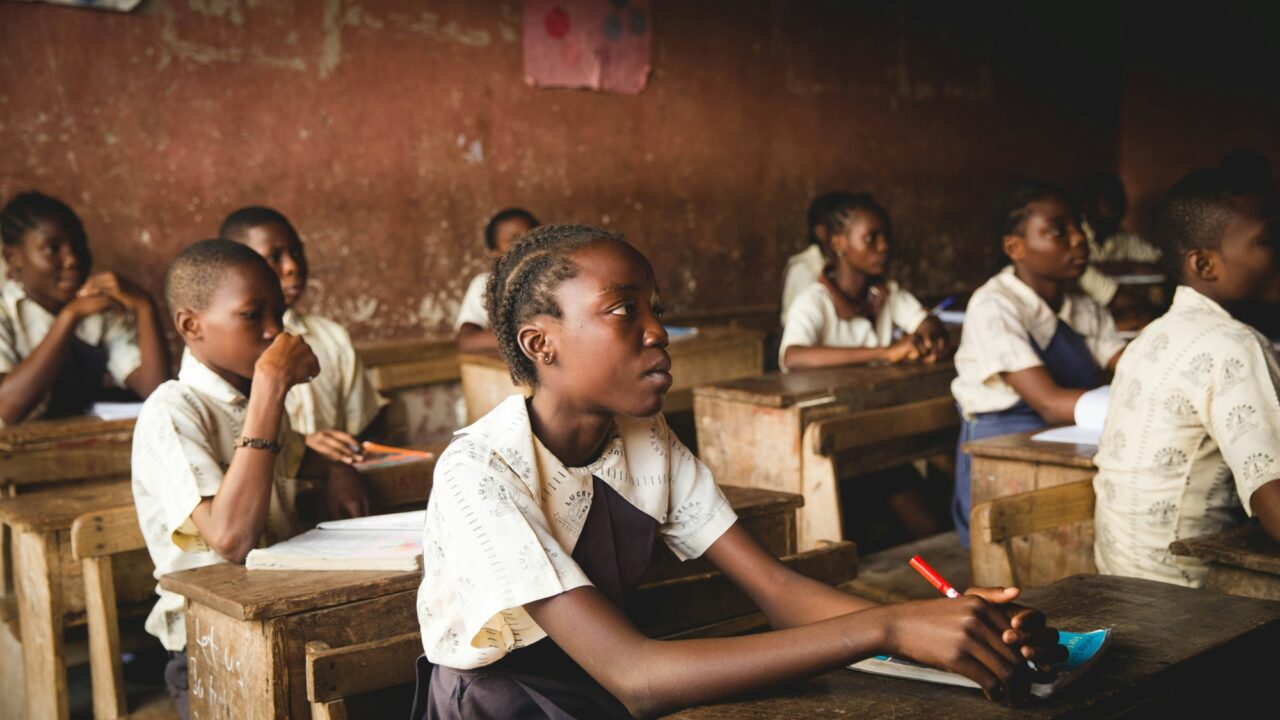
Our insights, deep dives into data, and stories of impact

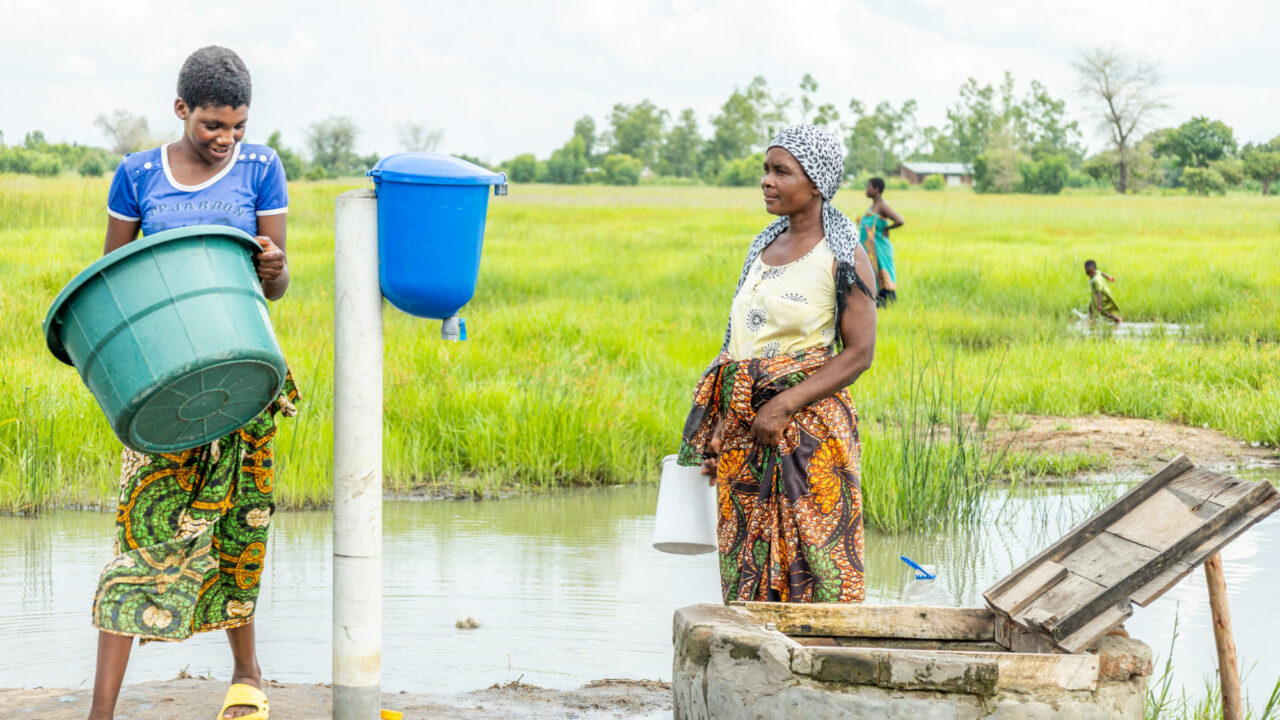
Safeguarding water in the aftermath of extreme weather
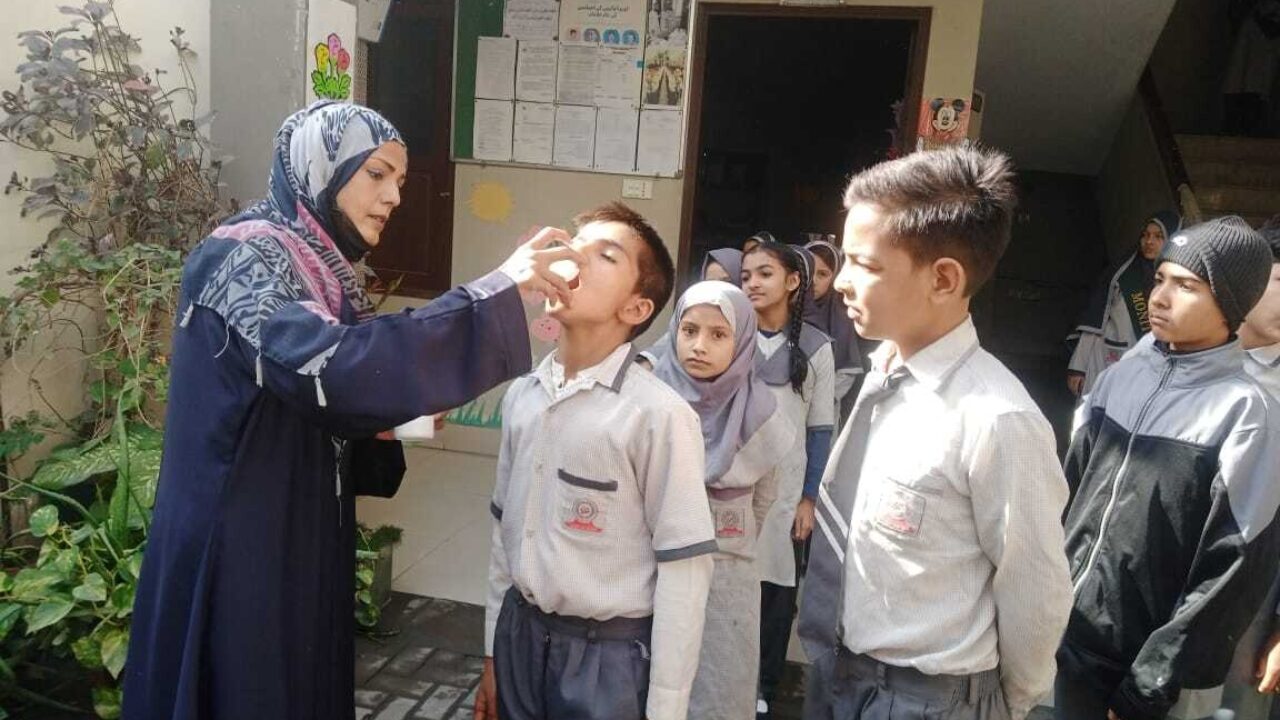
Deworming the city
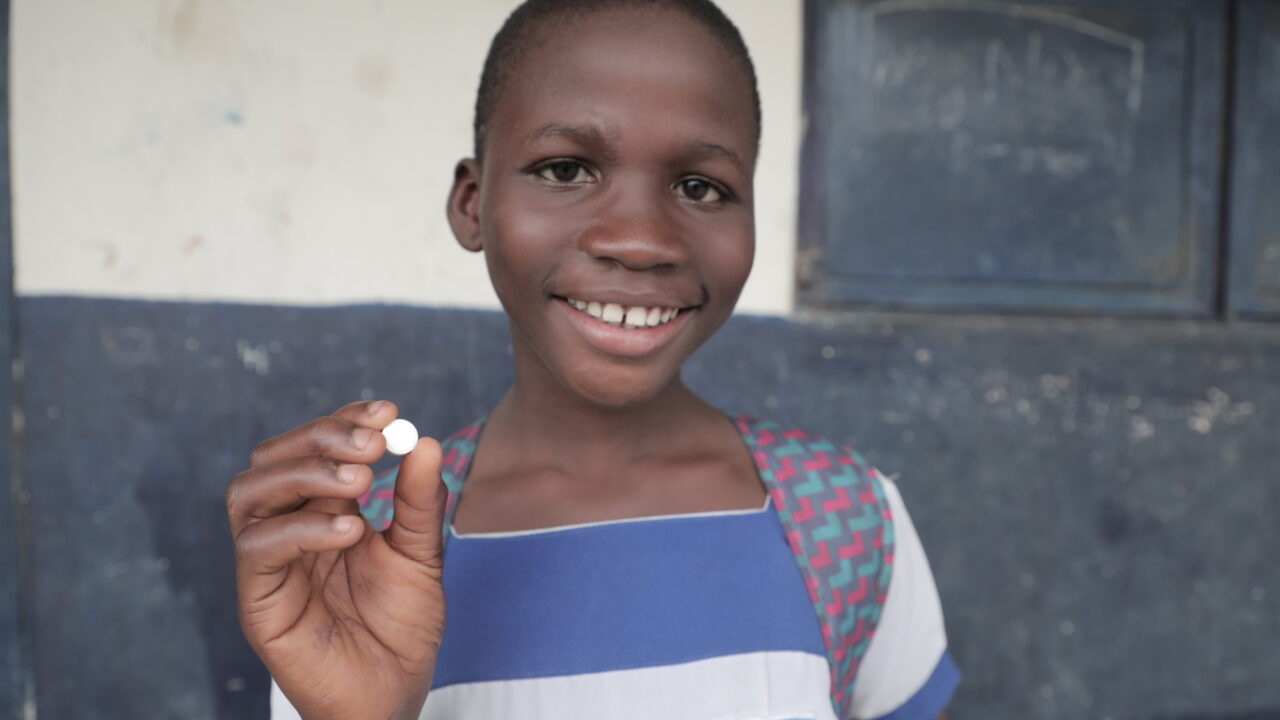
Don’t gamble away NTD gains
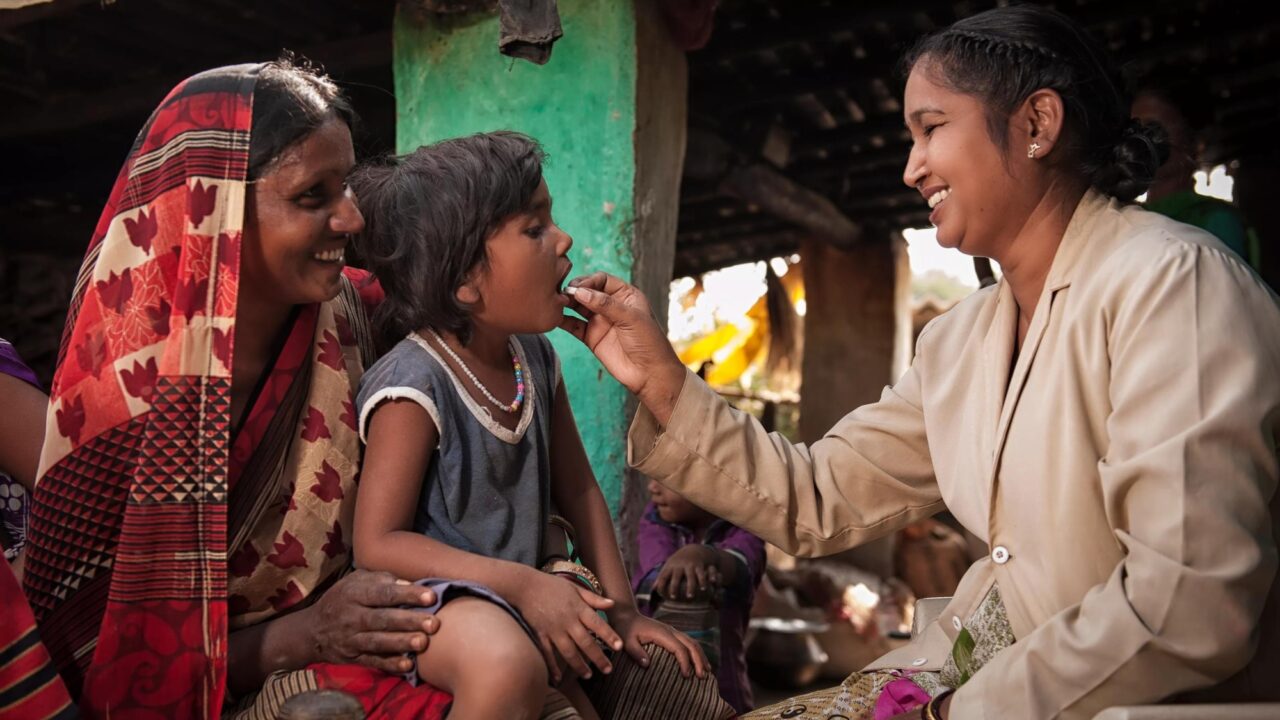
6 global health challenges we’ll tackle in 2024
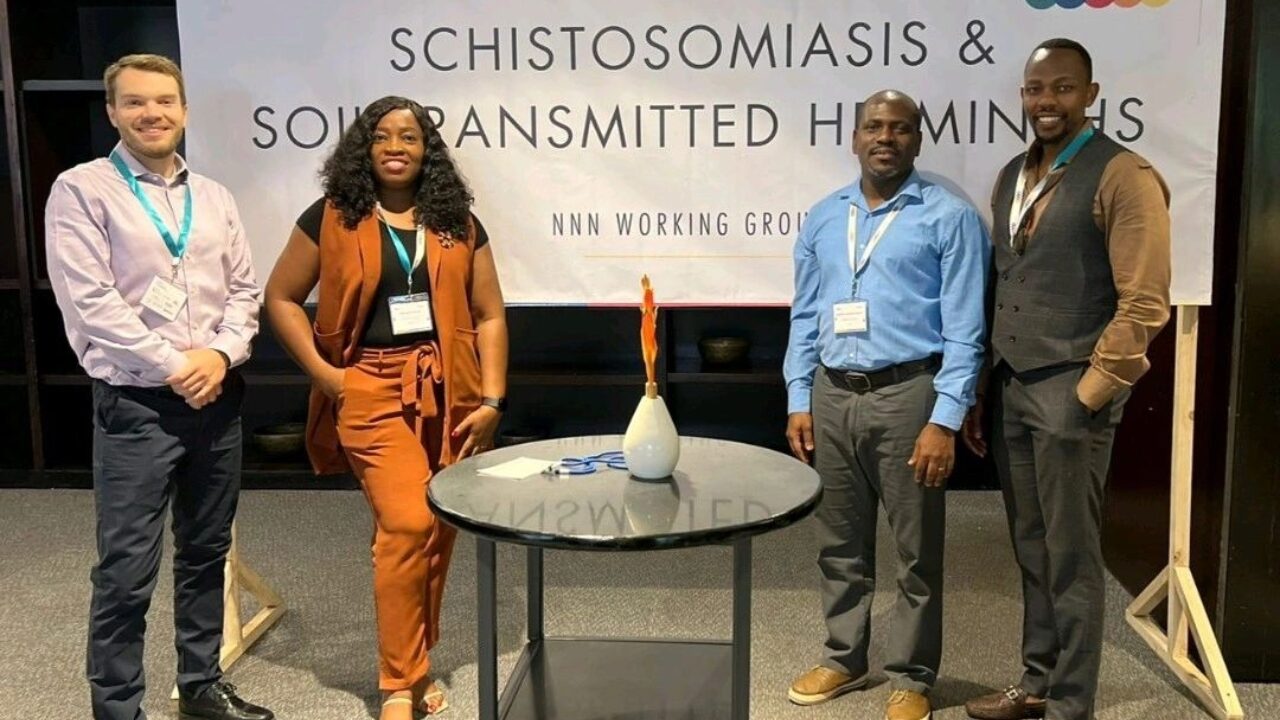
How innovations in M&E can fuel the sprint to 2030
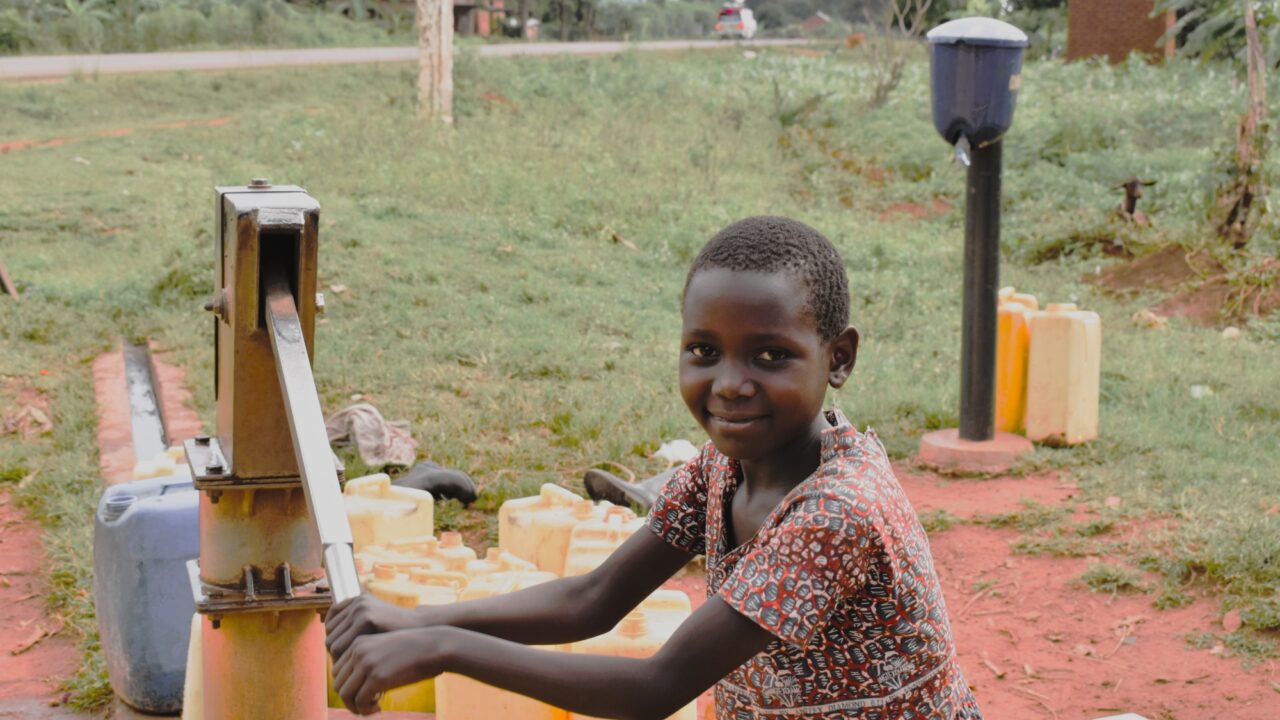
Health solutions for climate crisis starts with safe water
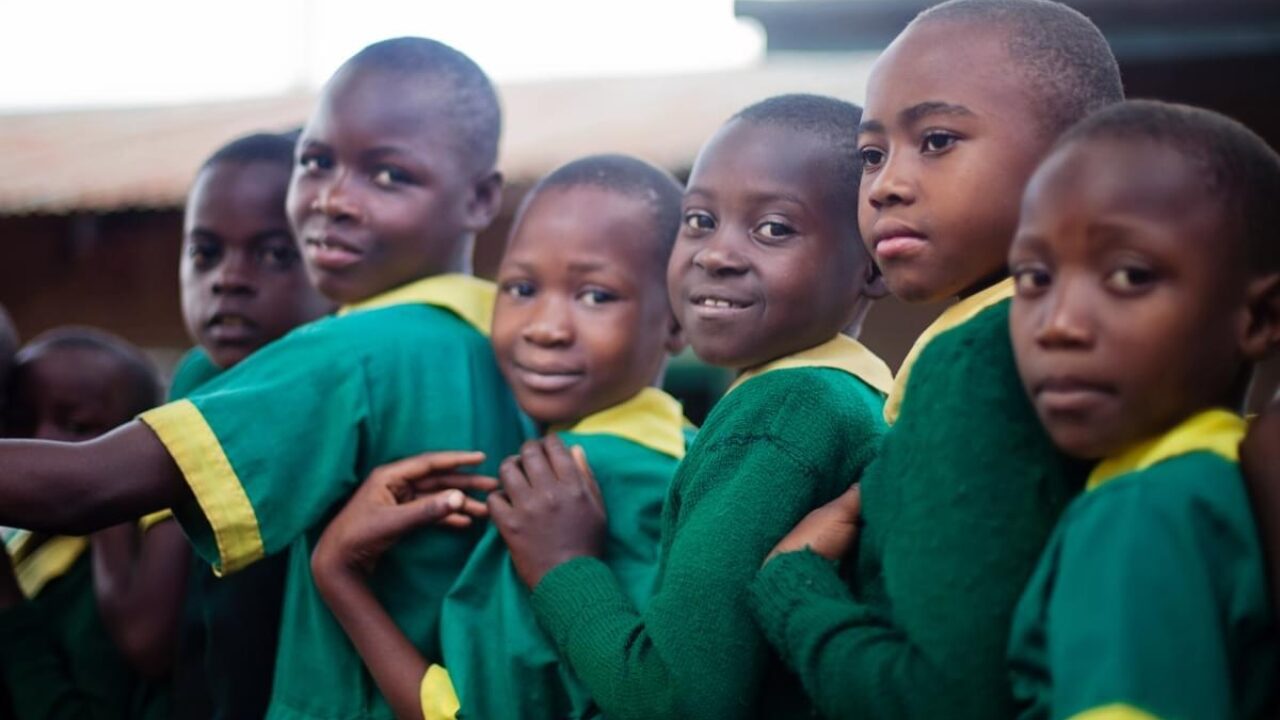
How to maximize your impact this giving season